Home>Articles>How Much Does It Cost To Replace Plumbing In A House
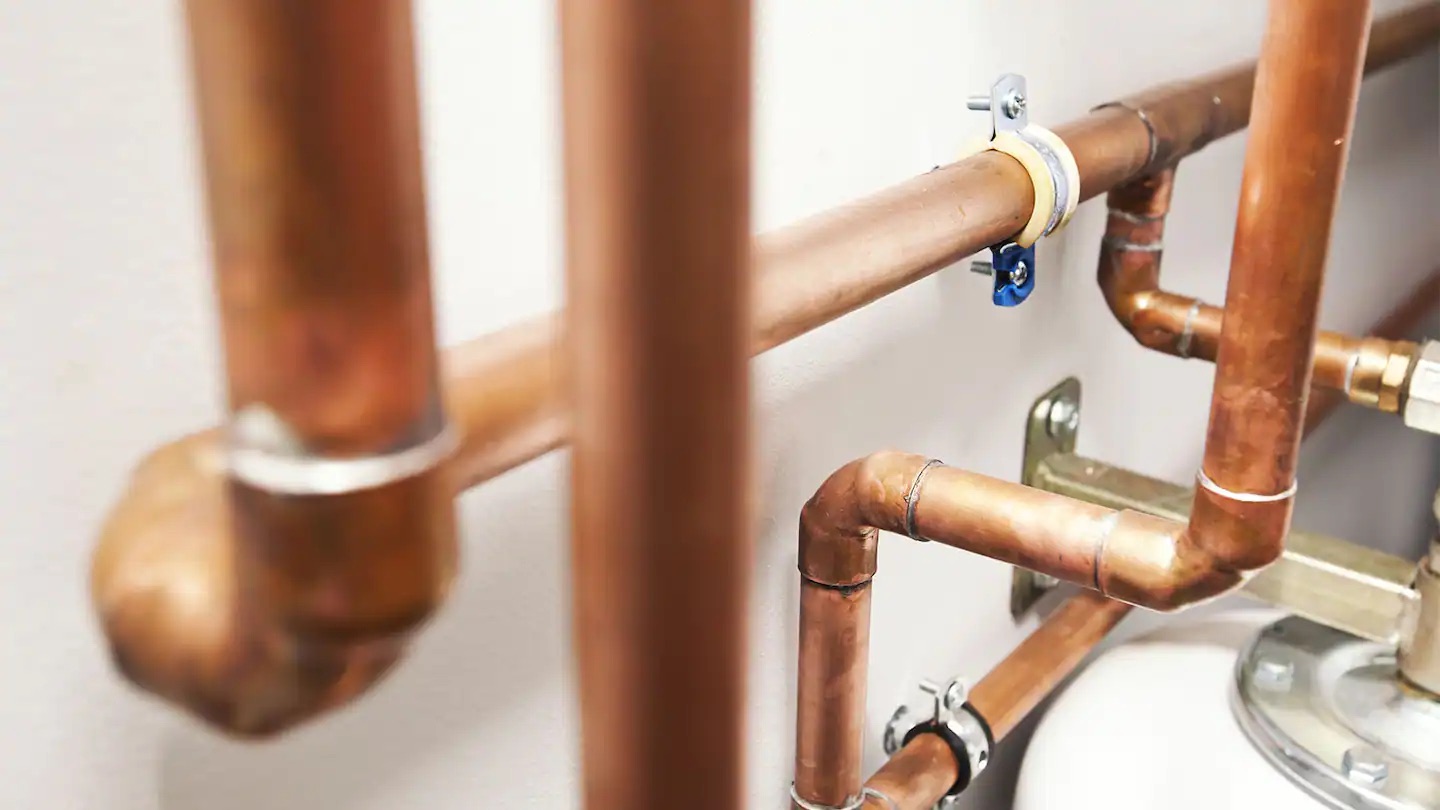

Articles
How Much Does It Cost To Replace Plumbing In A House
Modified: December 7, 2023
Get valuable articles on the cost of replacing plumbing in a house. Find out how much you can expect to pay and what factors can influence the price.
(Many of the links in this article redirect to a specific reviewed product. Your purchase of these products through affiliate links helps to generate commission for Storables.com, at no extra cost. Learn more)
Introduction
When it comes to the integrity and functionality of a house, one crucial aspect that homeowners often overlook is the plumbing system. A well-maintained plumbing system ensures a steady supply of clean water and efficient drainage, while also preventing costly water damage and plumbing emergencies. However, over time, plumbing systems can deteriorate due to age, wear and tear, or improper installation, leading to leaks, clogs, or even major pipe bursts.
Replacing the plumbing in a house is a significant undertaking that requires careful planning, professional expertise, and a financial investment. The cost of replacing plumbing in a house can vary depending on various factors, including the size of the house, the extent of the plumbing system, the materials used, and the complexity of the project. Understanding the signs of plumbing problems, the factors influencing the cost, and the different plumbing services involved can help homeowners budget and make informed decisions about their plumbing replacement needs.
In this article, we will explore the signs of plumbing problems, the factors affecting the cost of plumbing replacement, the breakdown of different plumbing replacement services, the average cost of replacing plumbing in a house, and the advantages of hiring a professional plumber versus attempting a DIY approach. We will also provide tips for saving money on plumbing replacement and emphasize the importance of regular plumbing maintenance to prevent future issues.
By the end of this article, homeowners will have the necessary knowledge to assess their plumbing needs, make informed decisions about plumbing replacement, and ensure the longevity and efficiency of their plumbing system.
Key Takeaways:
- Regular plumbing maintenance is crucial for preventing costly repairs, extending the lifespan of your plumbing system, and ensuring the safety and well-being of your household. Neglecting maintenance can lead to major plumbing emergencies and compromised water quality.
- When considering plumbing replacement, hiring a professional plumber offers expertise, efficiency, and safety. While DIY may be suitable for minor tasks, comprehensive plumbing projects require specialized skills to avoid costly mistakes and hazards.
Signs of Plumbing Problems
Identifying the signs of plumbing problems is essential for homeowners to address issues before they escalate into costly and damaging plumbing emergencies. Here are some common signs that indicate potential plumbing problems:
- Leaks: Water leaks are a clear indication of plumbing issues. Keep an eye out for dripping faucets, water stains on walls or ceilings, or wet spots on the floor. Even small leaks should not be ignored, as they can lead to more significant water damage over time.
- Low Water Pressure: If the water pressure in your faucets or showers has significantly decreased, it may signal a problem with your plumbing system. Low water pressure can be caused by clogs, pipe corrosion, or issues with the water supply line.
- Clogged Drains: Slow-draining sinks, showers, or toilets are often an indication of clogged pipes. This can be caused by the accumulation of hair, soap residue, grease, or other debris. If multiple drains in your house are clogged, it may suggest a more extensive plumbing issue.
- Foul Odors: Unpleasant odors emanating from drains, toilets, or sewer lines can indicate a problem with your plumbing system. Sewage backups, leaks, or damaged pipes can lead to foul-smelling odors in your house.
- Discolored Water: If the water coming out of your faucets appears discolored or has a rusty hue, it may indicate pipe corrosion or sediment buildup in your plumbing system. In such cases, it is important to address the issue promptly to prevent further damage.
- Strange Noises: Banging, clanking, or gurgling sounds coming from your pipes can be a sign of loose or damaged plumbing components. These noises can occur when water pressure changes or when air gets trapped in the pipes.
- Inconsistent Water Temperature: If the water temperature fluctuates unexpectedly or if you are experiencing a lack of hot water, it may be a sign of a malfunctioning water heater or issues with your plumbing system.
If you notice any of these signs in your house, it is crucial to take them seriously and address them promptly to prevent further damage and costly repairs. Consulting with a professional plumber can help identify the root cause of the problem and provide appropriate solutions.
Factors Affecting the Cost of Plumbing Replacement
The cost of plumbing replacement can vary significantly depending on several factors. Understanding these factors can help homeowners estimate the potential cost and allocate their budget accordingly. Here are the key factors that can affect the cost of plumbing replacement:
- Size of the House: The size of the house plays a significant role in determining the cost of plumbing replacement. Larger houses typically have more extensive plumbing systems, which require more materials and labor to replace. As a result, the cost of plumbing replacement in a larger house can be higher compared to a smaller house.
- Extent of the Plumbing System: The extent of the plumbing system refers to the number of fixtures, pipes, and connections that need to be replaced. If the entire plumbing system needs to be replaced, including all the pipes, fittings, valves, and fixtures, the cost will be higher compared to replacing only a portion of the system.
- Type of Materials: The choice of materials used for plumbing replacement can also impact the cost. Different types of pipes, such as copper, PEX, or PVC, have varying costs. Additionally, the quality of fixtures, such as faucets, toilets, and showers, can affect the overall cost. Opting for high-quality materials may entail a higher upfront cost but can result in better durability and longevity.
- Complexity of the Project: The complexity of the plumbing replacement project can influence the cost. Factors such as the accessibility of the plumbing system, the need for excavation or wall removal, and the presence of any existing issues that require additional repairs can increase the overall cost.
- Permits and Local Regulations: Obtaining permits and complying with local building codes is often necessary when replacing the plumbing in a house. The cost of permits and any required inspections can add to the overall expense of the project.
- Geographical Location: The location of the house can also impact the cost of plumbing replacement. In areas with a higher cost of living or where skilled labor is in greater demand, the cost of plumbing services can be higher compared to other regions.
It is important for homeowners to consider these factors when budgeting for plumbing replacement and to consult with professional plumbers to get accurate cost estimates. A plumber can assess the specific needs of the plumbing system and provide a detailed breakdown of the costs involved based on the unique circumstances of the project.
Cost Breakdown of Different Plumbing Replacement Services
Plumbing replacement involves various services and components, each with its associated costs. Understanding the cost breakdown of different plumbing replacement services can help homeowners plan their budget effectively. Here is a breakdown of the major plumbing replacement services and their estimated costs:
- Repiping: Repiping involves replacing all the pipes in a house with new ones. The cost of repiping can vary depending on the size of the house, the material of the pipes, and the complexity of the project. On average, the cost of repiping a small to medium-sized house can range from $2,500 to $15,000 or more.
- Fixture Replacement: Replacing fixtures such as faucets, toilets, showers, and sinks can give a fresh look to a bathroom or kitchen. The cost of fixture replacement depends on the quality and type of fixtures chosen. On average, the cost can range from $150 to $1,000 per fixture, including materials and labor.
- Water Heater Replacement: If the water heater is old or malfunctioning, replacing it is essential. The cost of a new water heater, including installation, can range from $500 to $2,500 or more, depending on the type and size of the water heater.
- Sewer Line Replacement: If the sewer line is damaged, replacing it may be necessary. The cost of sewer line replacement depends on the length of the line, the extent of the damage, and the excavation required. On average, the cost can range from $3,000 to $25,000 or more.
- Drain Pipe Replacement: Replacing drain pipes is commonly required when dealing with clogs, leaks, or deteriorating pipes. The cost of drain pipe replacement depends on the length and accessibility of the pipes. On average, the cost can range from $500 to $4,000 or more.
It is important to note that these cost ranges are estimates, and the actual cost may vary based on factors such as location, labor rates, and specific project requirements. Additionally, unexpected complications or additional repairs during the plumbing replacement process can also impact the overall cost. Therefore, it is advisable to consult with a professional plumber for an accurate assessment and cost estimate based on your specific plumbing replacement needs.
Average Cost of Replacing Plumbing in a House
The average cost of replacing plumbing in a house can vary depending on several factors, including the size of the house, the extent of the plumbing system, the materials used, and the complexity of the project. While it is difficult to provide an exact average cost as every project is unique, we can provide a general estimate to help homeowners plan their budget for plumbing replacement.
On average, homeowners can expect to spend anywhere from $2,000 to $15,000 or more for a complete plumbing replacement in a small to medium-sized house. This cost includes the labor, materials, permits, and any additional services required for the project. However, it is essential to note that this is just a rough estimate, and the actual cost can vary significantly depending on the specific circumstances of the project.
For repiping a house, which involves replacing all the pipes, the average cost can range from $2,500 to $15,000 or more, depending on the size of the house and the materials used. The choice of materials, such as copper, PEX, or PVC pipes, can affect the overall cost. Copper pipes tend to be more expensive but offer durability and longevity, while PEX and PVC pipes are more cost-effective options.
Additional plumbing replacement services, such as fixture replacement, water heater replacement, sewer line replacement, or drain pipe replacement, can add to the overall cost. The cost for these individual services can vary depending on the type, quality, and complexity of the specific replacement needed.
It is important to remember that these are average cost ranges, and the actual cost can be higher or lower depending on various factors. Other factors that can influence the cost include geographical location, labor rates in your area, and any unforeseen issues that may arise during the plumbing replacement process.
To get an accurate cost estimate for your specific plumbing replacement needs, it is recommended to consult with a professional plumber. A plumber can assess your plumbing system, discuss your requirements, and provide a detailed breakdown of the costs involved based on the unique aspects of your project.
Get multiple quotes from different plumbing companies to compare prices and services. Ask for a detailed breakdown of the costs involved in the replacement to ensure transparency and avoid any hidden fees.
Hiring a Professional Plumber vs. DIY
When it comes to plumbing replacement, homeowners often face the dilemma of whether to hire a professional plumber or attempt a do-it-yourself (DIY) approach. While DIY projects can be rewarding and cost-effective in some cases, plumbing replacement is a complex task that typically requires specialized skills and knowledge. Here are some key points to consider when deciding between hiring a professional plumber and taking the DIY route:
Expertise and Experience: Professional plumbers undergo extensive training and have years of experience in handling various plumbing projects. They possess the knowledge and expertise to accurately diagnose plumbing issues, choose the right materials, and complete the replacement efficiently. On the other hand, DIYers may lack the necessary skills and experience, which can lead to mistakes, improper installations, or even further damage to the plumbing system.
Time and Efficiency: Plumbing replacement can be time-consuming, especially for individuals with limited experience. Hiring a professional plumber can save you valuable time as they will efficiently handle the project, ensuring proper installation and minimizing disruptions to your daily routine. DIY projects, on the other hand, can take longer to complete, potentially causing inconvenience and frustration.
Safety and Compliance: Plumbing systems involve intricate connections, pipes, and potential exposure to hazardous materials. Professional plumbers are well-versed in safety protocols and regulations, ensuring that the replacement is done following all the necessary codes and guidelines. DIYers may inadvertently compromise safety measures or fail to comply with local regulations, leading to potential risks and legal issues.
Quality and Warranty: Professional plumbers use high-quality materials and have access to industry-leading products. They can offer warranties on their workmanship and the materials used, providing you with peace of mind in case of any future issues. DIY projects, especially with subpar materials or improper installations, may not provide the same level of quality and assurance.
Cost Considerations: While DIY projects may seem cost-effective initially, they can end up costing more in the long run if mistakes are made or if additional repairs are needed. Hiring a professional plumber may have an upfront cost, but they have the expertise to identify and address underlying problems effectively, potentially saving you from costly repairs down the line.
Ultimately, the decision between hiring a professional plumber and opting for a DIY approach depends on your comfort level, experience, and the complexity of the plumbing replacement project. For simple tasks like replacing a faucet or showerhead, DIY may be a viable option. However, for more extensive projects that involve repiping, sewer line replacement, or water heater installation, it is highly recommended to hire a professional plumber to ensure safety, efficiency, and long-term reliability.
Consulting with a professional plumber can provide a better understanding of the scope of the project, the associated costs, and the potential risks involved. They can guide you in making an informed decision that best suits your needs and ensures the proper functioning of your plumbing system.
Tips for Saving Money on Plumbing Replacement
Plumbing replacement can be a significant investment for homeowners, but there are several strategies to help save money without compromising the quality of the work. Here are some useful tips for saving money on plumbing replacement:
- Get Multiple Quotes: Before starting the project, obtain quotes from multiple reputable plumbers. This allows you to compare prices and choose a plumber who offers competitive rates without sacrificing quality.
- Consider Different Materials: Discuss with your plumber the various material options available for your plumbing replacement. Depending on your budget, explore cost-effective alternatives to expensive materials that still provide durability and longevity.
- DIY Where Applicable: While certain plumbing tasks require professional expertise, there may be smaller tasks such as replacing faucets or showerheads that you can tackle yourself, saving on labor costs.
- Plan Ahead: Avoid rushing into a plumbing replacement project. Take the time to plan and research before starting, ensuring that you have a clear understanding of the scope of the work, materials needed, and potential challenges. This helps prevent unexpected expenses or changes in the middle of the project.
- Maintain Existing Fixtures: If your fixtures are in good condition, consider keeping them rather than replacing them. Cleaning and maintaining fixtures can help extend their lifespan and save you from the expense of purchasing new ones.
- Regularly Maintain Your Plumbing System: Implementing a regular maintenance routine for your plumbing system can help prevent major issues that may require costly replacements. Routine maintenance includes inspecting for leaks, clearing clogs, and addressing any minor issues before they escalate.
- Reuse Existing Pipes Where Possible: If the existing pipes are in good condition, inquire with your plumber about options for reusing them in the replacement process. This can help reduce material costs and minimize the amount of labor required.
- Consider Partial Replacement: If budget constraints are a concern, discuss with your plumber the possibility of replacing only the most critical areas of your plumbing system first. This allows you to address immediate concerns while spreading out the cost of full replacement over time.
- Investigate Financing Options: If the plumbing replacement project is more extensive, look into financing options that can help you manage the cost. Many plumbers offer financing plans or can provide information on available loan programs.
- Stick to a Budget: Create a budget for the plumbing replacement project and stick to it. Communicate your budgetary constraints with your plumber, who can help you find cost-effective solutions without compromising on quality.
By implementing these tips, you can make informed decisions, prioritize cost savings, and ensure a successful plumbing replacement project that fits within your budget. Remember, while saving money is important, it is equally crucial to hire a reputable plumber who can deliver quality workmanship and reliable results.
Importance of Regular Plumbing Maintenance
Regular plumbing maintenance is essential for the proper functioning and longevity of your plumbing system. Neglecting maintenance can lead to costly repairs, plumbing emergencies, and potential damage to your home. Here are some key reasons why regular plumbing maintenance is important:
- Prevent Costly Repairs: Regular maintenance allows plumbers to identify and address potential issues before they escalate into costly repairs. By detecting leaks, clogs, or other plumbing problems early on, you can avoid major damage to your pipes, fixtures, and property.
- Extend the Lifespan of Your Plumbing System: Just like any other system, your plumbing system requires proper care to function optimally. Regular maintenance, such as flushing water heaters, clearing drains, and inspecting for leaks, helps extend the lifespan of your plumbing system, saving you from premature replacements.
- Improve Efficiency: Over time, mineral deposits, sediment buildup, and other factors can hinder the efficiency of your plumbing system. Regular maintenance, including cleaning fixtures, checking water pressure, and inspecting pipes, ensures that your plumbing system operates at peak efficiency, reducing water waste and potential energy costs.
- Prevent Plumbing Emergencies: Plumbing emergencies, such as burst pipes or sewer backups, can cause significant damage to your home and lead to costly repairs. Regular maintenance helps identify and address potential problems that could escalate into emergencies, allowing you to take preventive measures and avoid the stress and expense of a plumbing disaster.
- Maintain Water Quality: Regular maintenance, such as cleaning faucets and inspecting for leaks, helps maintain the quality of your water supply. Leaky pipes or fixtures can introduce contaminants or affect water pressure, compromising the safety and comfort of your household.
- Promote Health and Safety: Properly maintained plumbing systems promote a healthy and safe living environment. Leaks or water damage can lead to mold growth, which can cause respiratory issues and other health concerns. Regular maintenance helps identify and address potential sources of water damage, ensuring your home remains a safe and healthy space.
- Save Money in the Long Run: While regular plumbing maintenance may require a small investment upfront, it can save you significant money in the long run. By addressing minor issues early on and ensuring the efficient operation of your plumbing system, you can avoid costly repairs, water waste, and high utility bills.
Overall, regular plumbing maintenance is crucial for the functionality, efficiency, and longevity of your plumbing system. By investing in routine maintenance, you can avoid major plumbing problems, extend the lifespan of your system, and enjoy the peace of mind that comes with a properly functioning plumbing system.
Conclusion
Ensuring the proper function and integrity of the plumbing system in your house is essential for a comfortable and safe living environment. From detecting and addressing plumbing problems to considering the cost factors and maintenance, it is crucial to make informed decisions regarding plumbing replacement. By understanding the signs of plumbing problems, homeowners can identify issues early on and take timely action to prevent further damage.
When it comes to plumbing replacement, hiring a professional plumber offers numerous advantages in terms of expertise, efficiency, and safety. While there are DIY options for smaller tasks, it is important to recognize the limitations and complexities involved in a comprehensive plumbing replacement project. Taking a DIY approach without the necessary knowledge and experience can lead to costly mistakes and potential hazards.
Budget considerations are also important when planning for plumbing replacement. By understanding the average cost, exploring cost-saving tips, and consulting with multiple plumbers, homeowners can make informed decisions that align with their financial situation.
Regular plumbing maintenance plays a significant role in preventing major issues, extending the lifespan of the plumbing system, and ensuring efficiency. Neglecting maintenance can result in costly repairs, plumbing emergencies, and compromised water quality, which can impact your overall well-being.
In conclusion, replacing the plumbing in a house is a significant undertaking that requires careful consideration, planning, and expertise. By understanding the signs of plumbing problems, the factors affecting the cost, and the importance of regular maintenance, homeowners can make informed decisions and ensure the long-term functionality and durability of their plumbing system.
Remember, consulting with a professional plumber for an accurate assessment and cost estimate is crucial to get personalized recommendations tailored to your specific needs and circumstances. With proper planning, timely action, and the help of professionals, you can successfully replace the plumbing in your house and enjoy a reliable and efficient plumbing system for years to come.
Frequently Asked Questions about How Much Does It Cost To Replace Plumbing In A House
Was this page helpful?
At Storables.com, we guarantee accurate and reliable information. Our content, validated by Expert Board Contributors, is crafted following stringent Editorial Policies. We're committed to providing you with well-researched, expert-backed insights for all your informational needs.
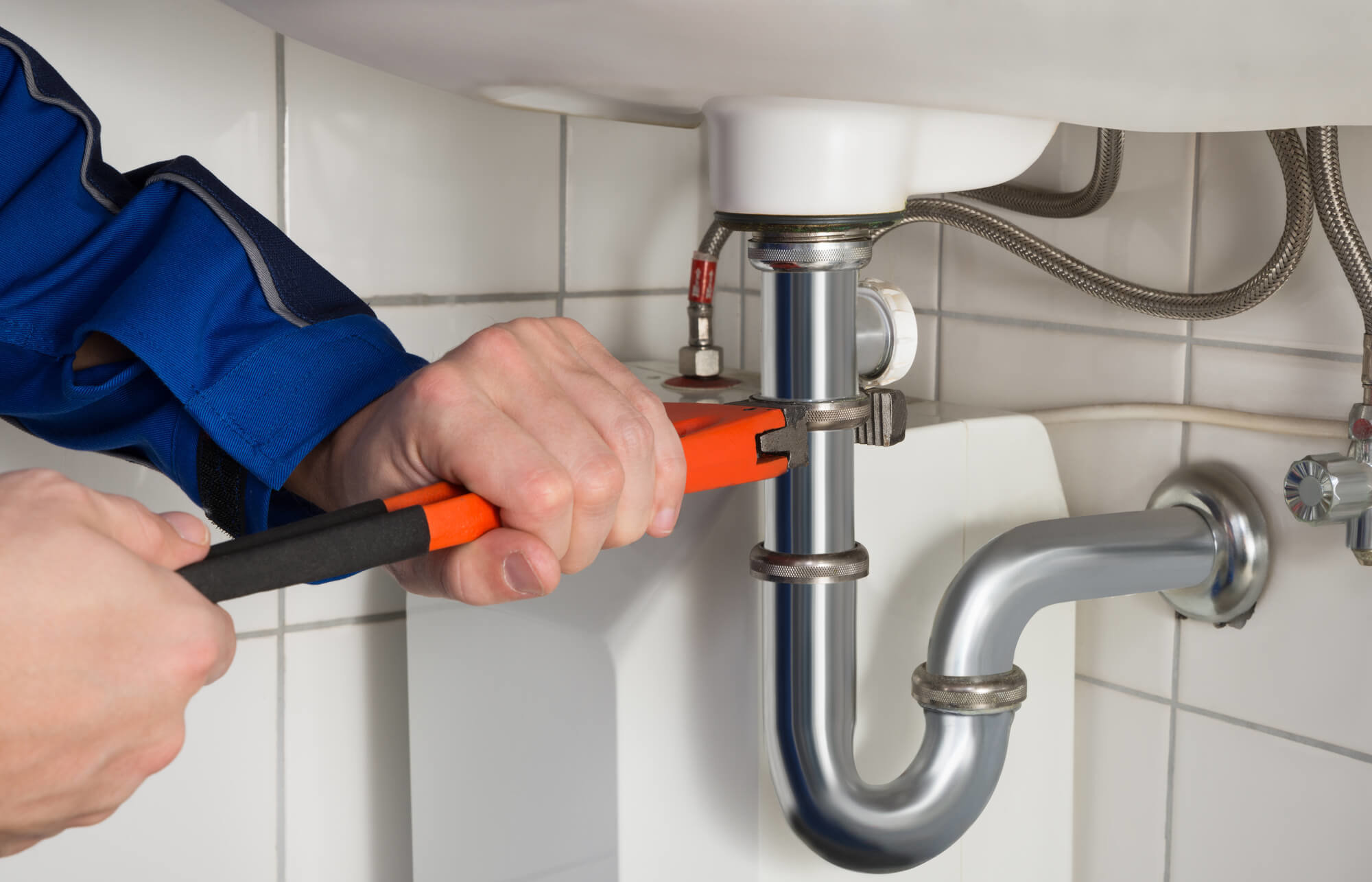
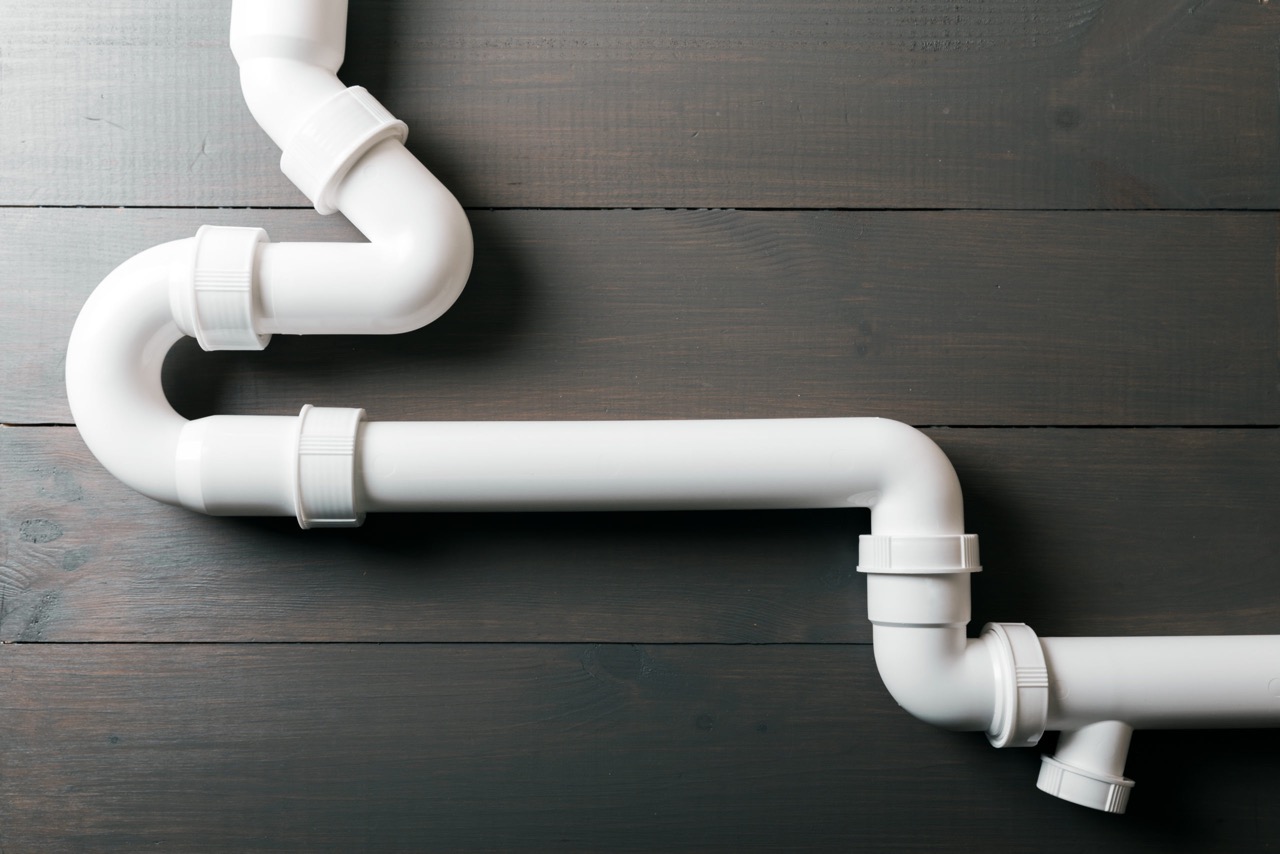
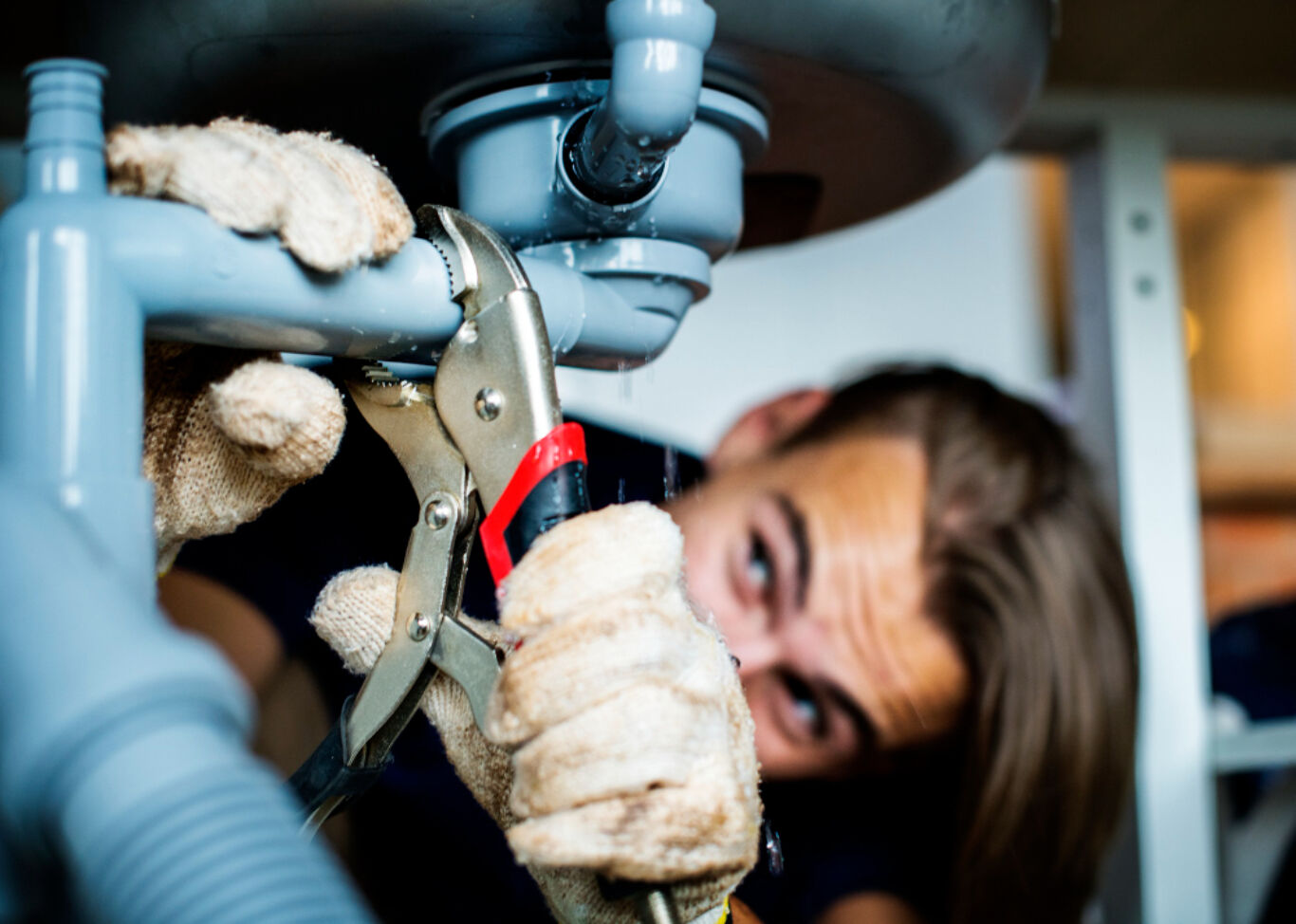


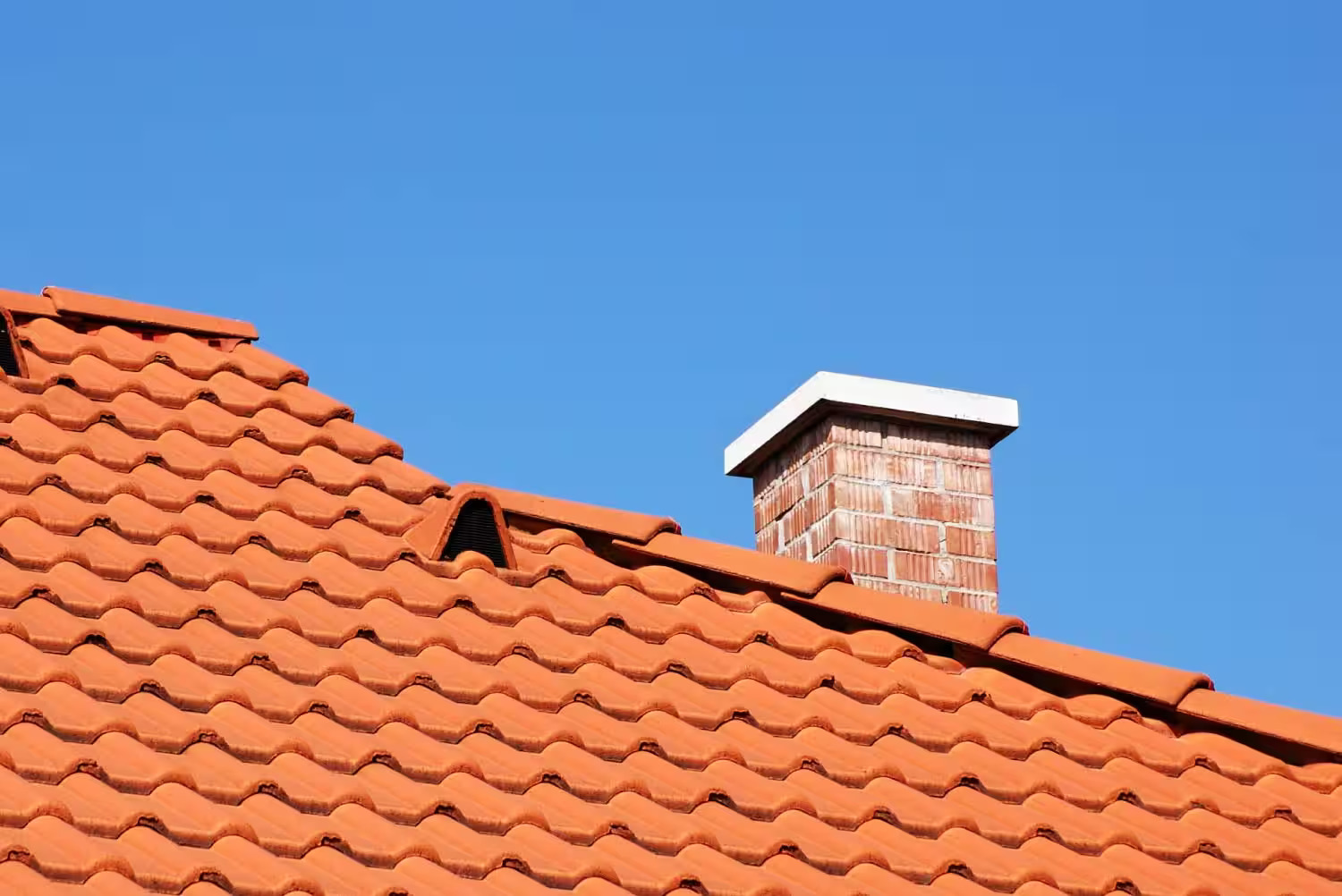
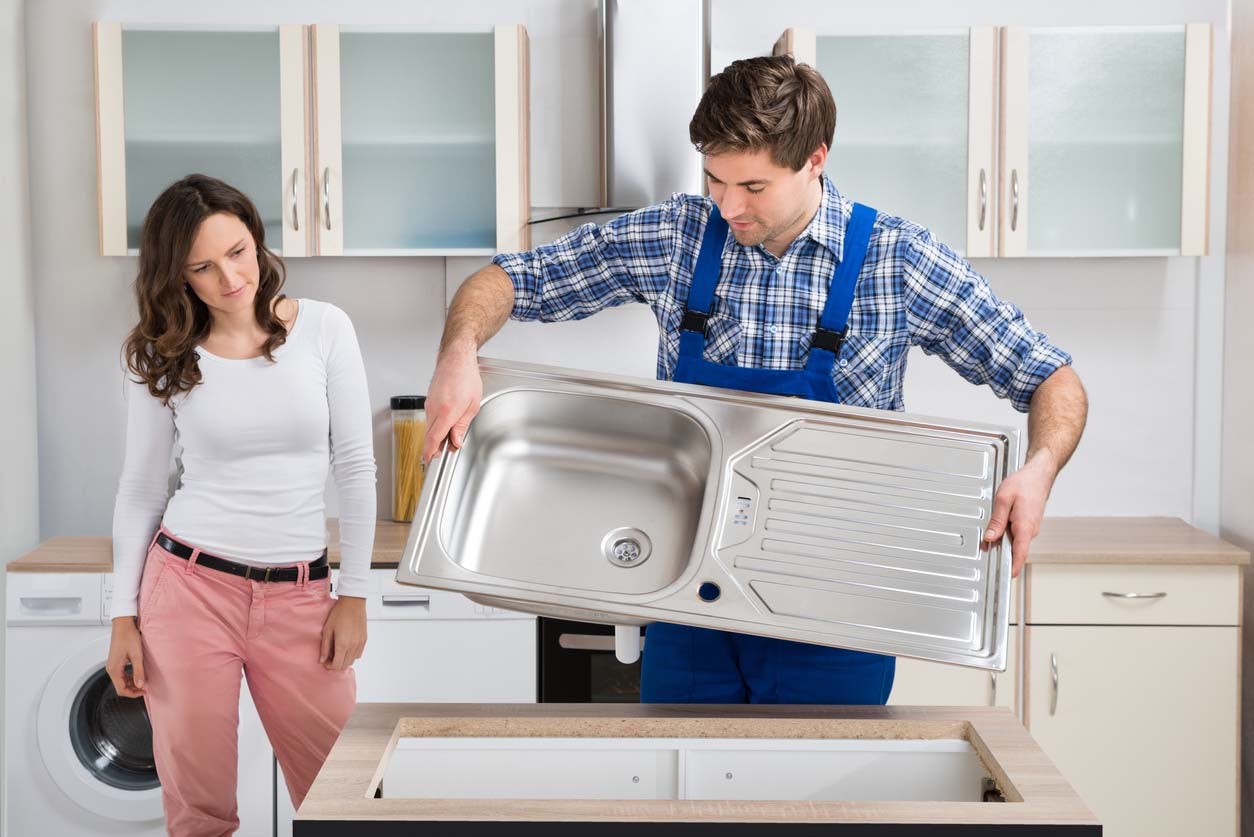
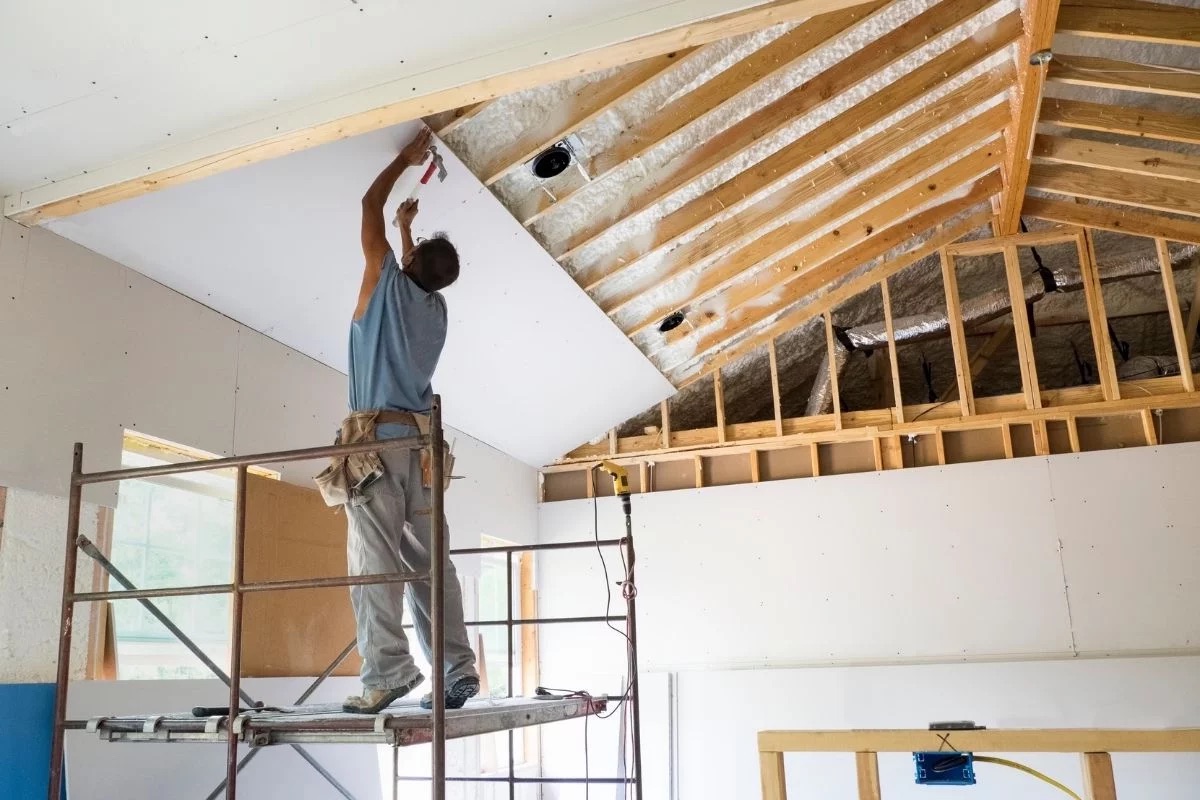
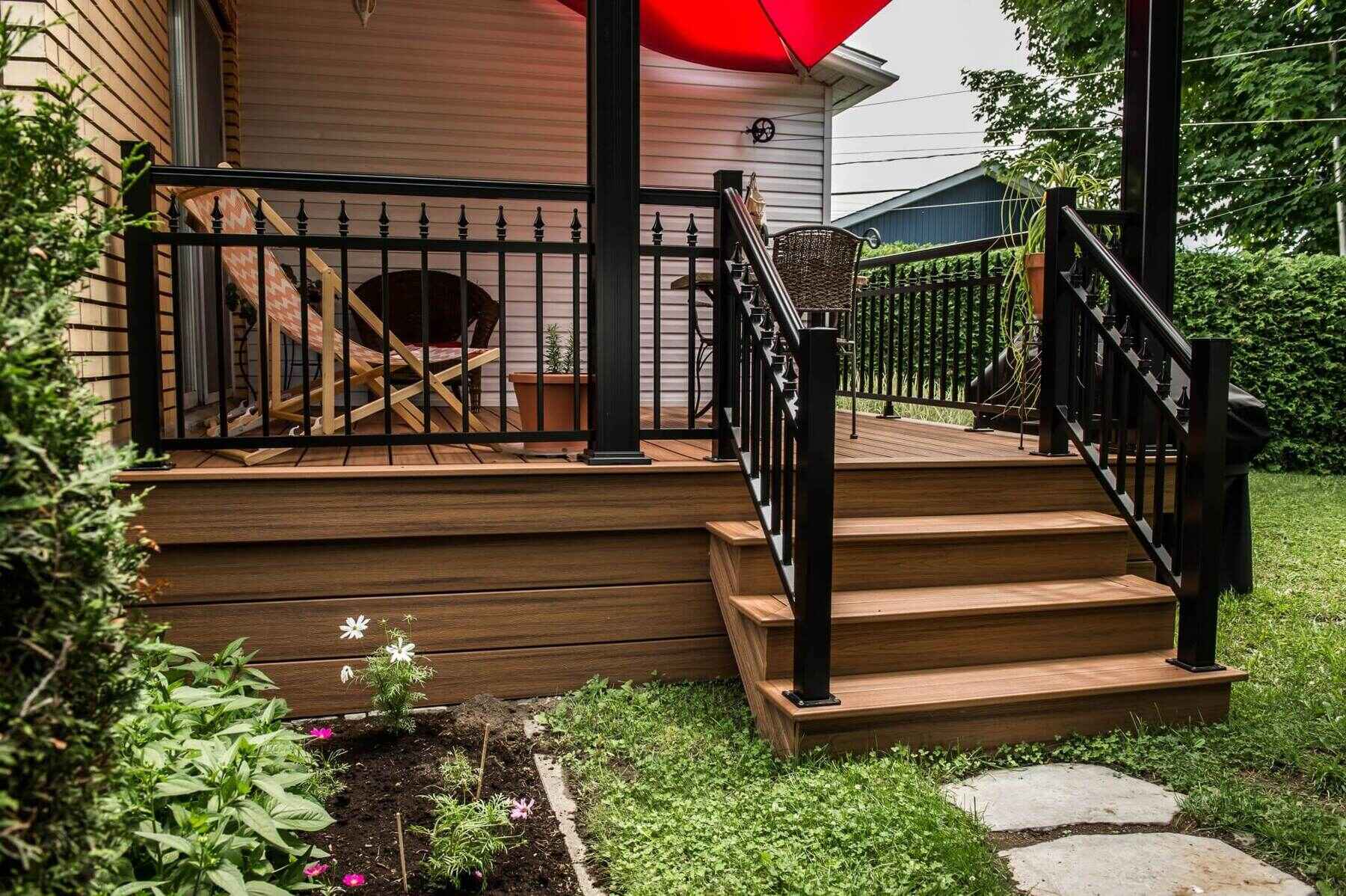
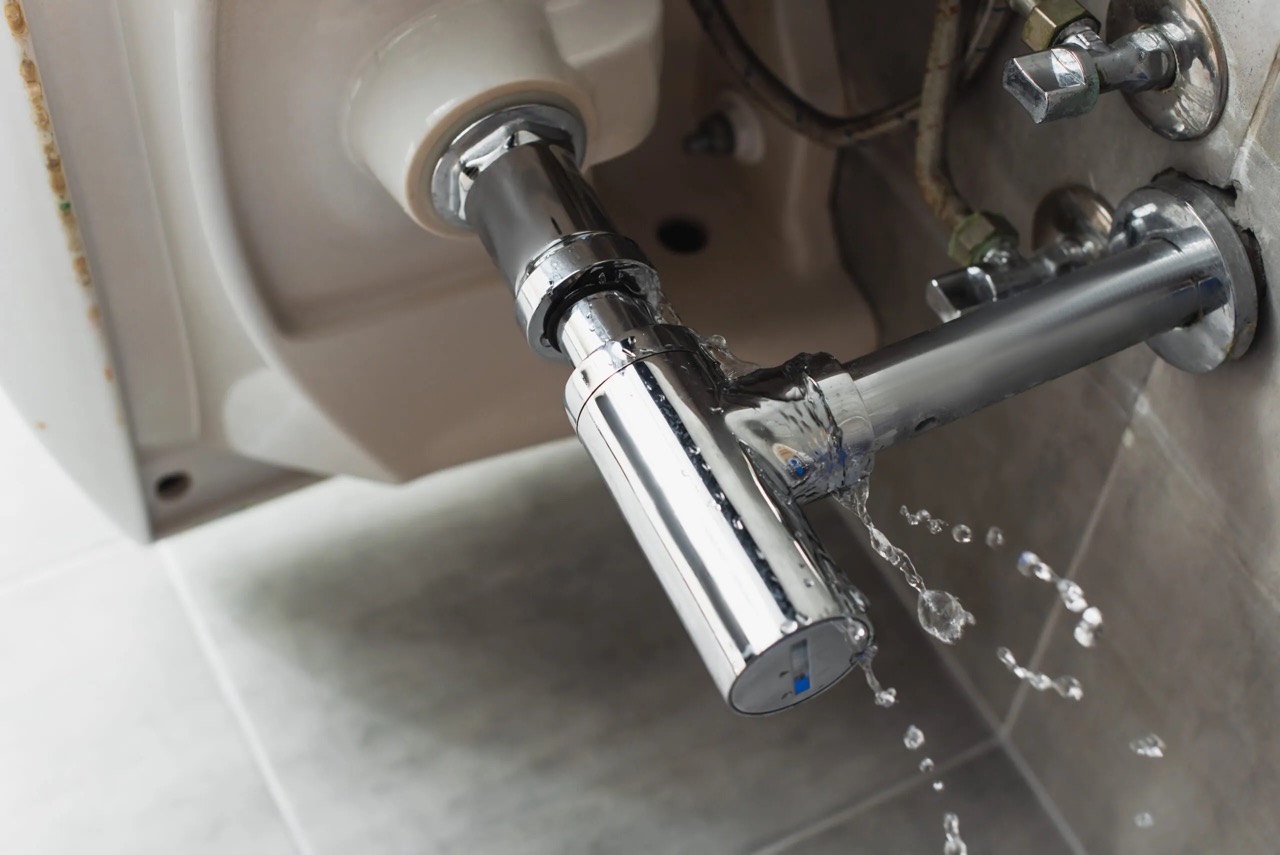
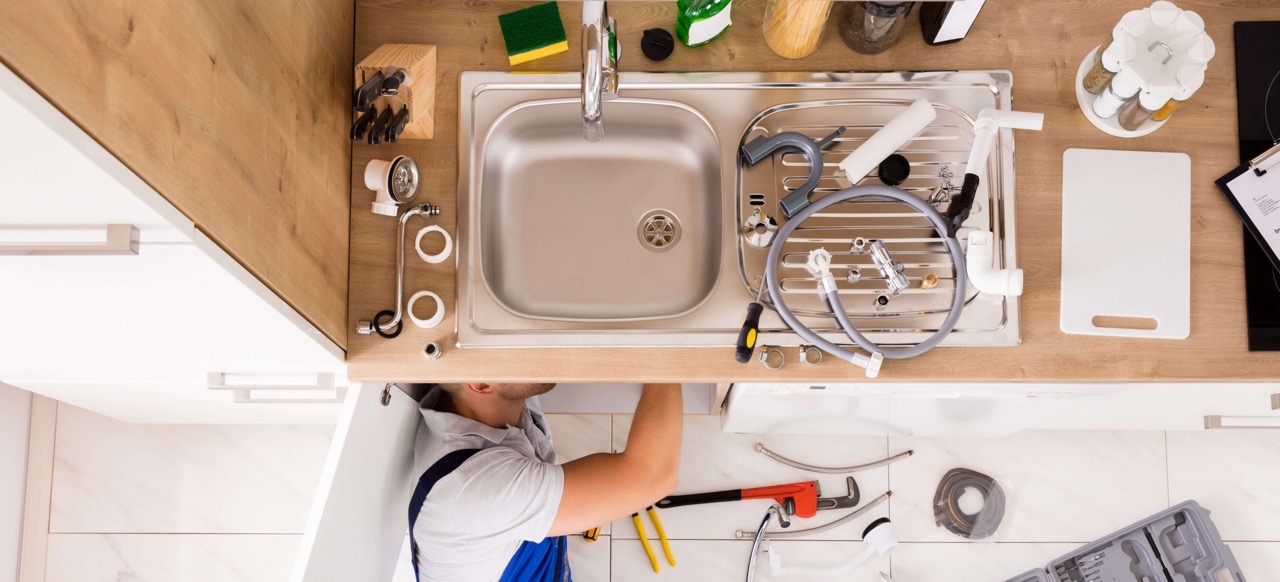
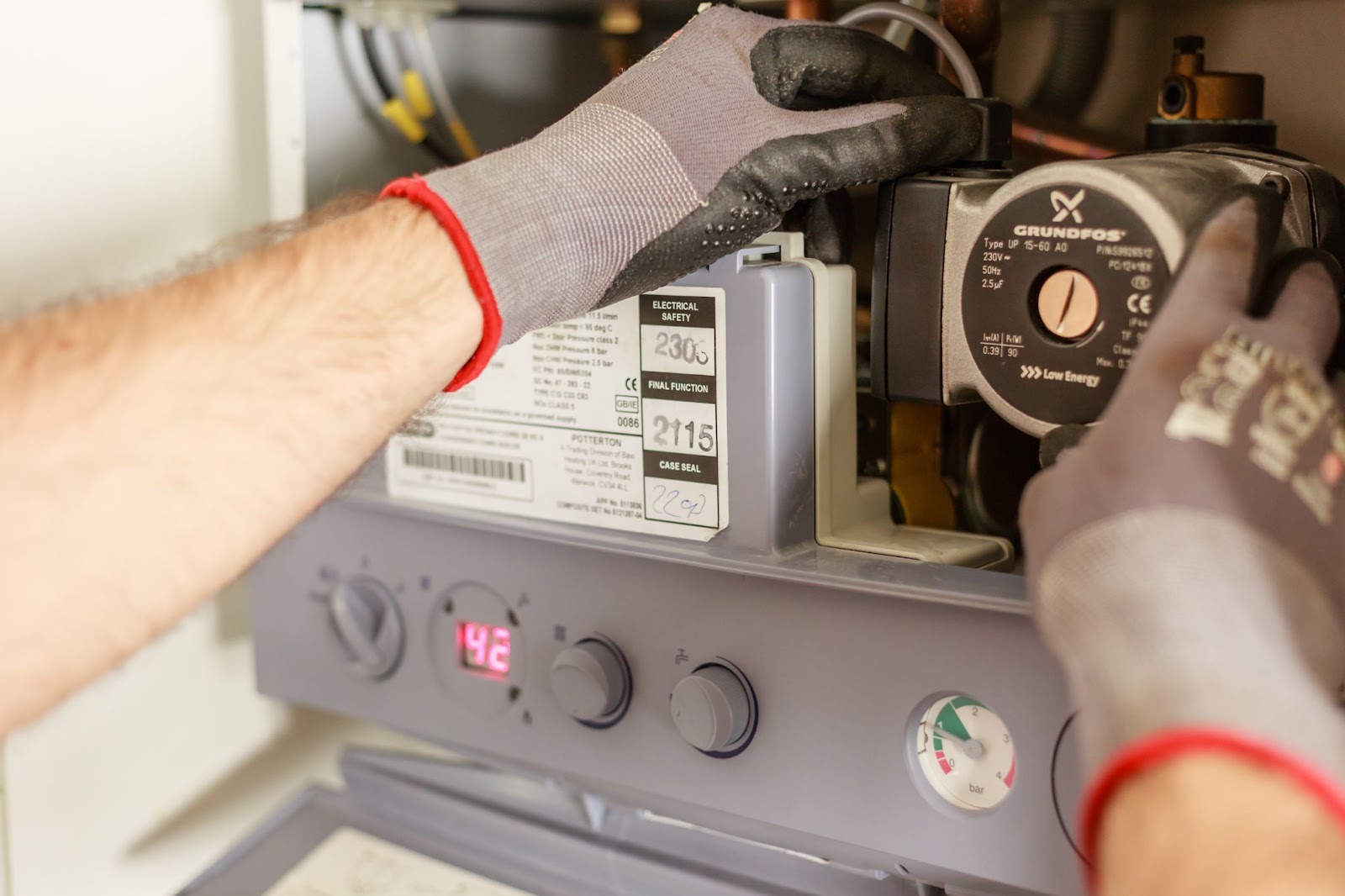
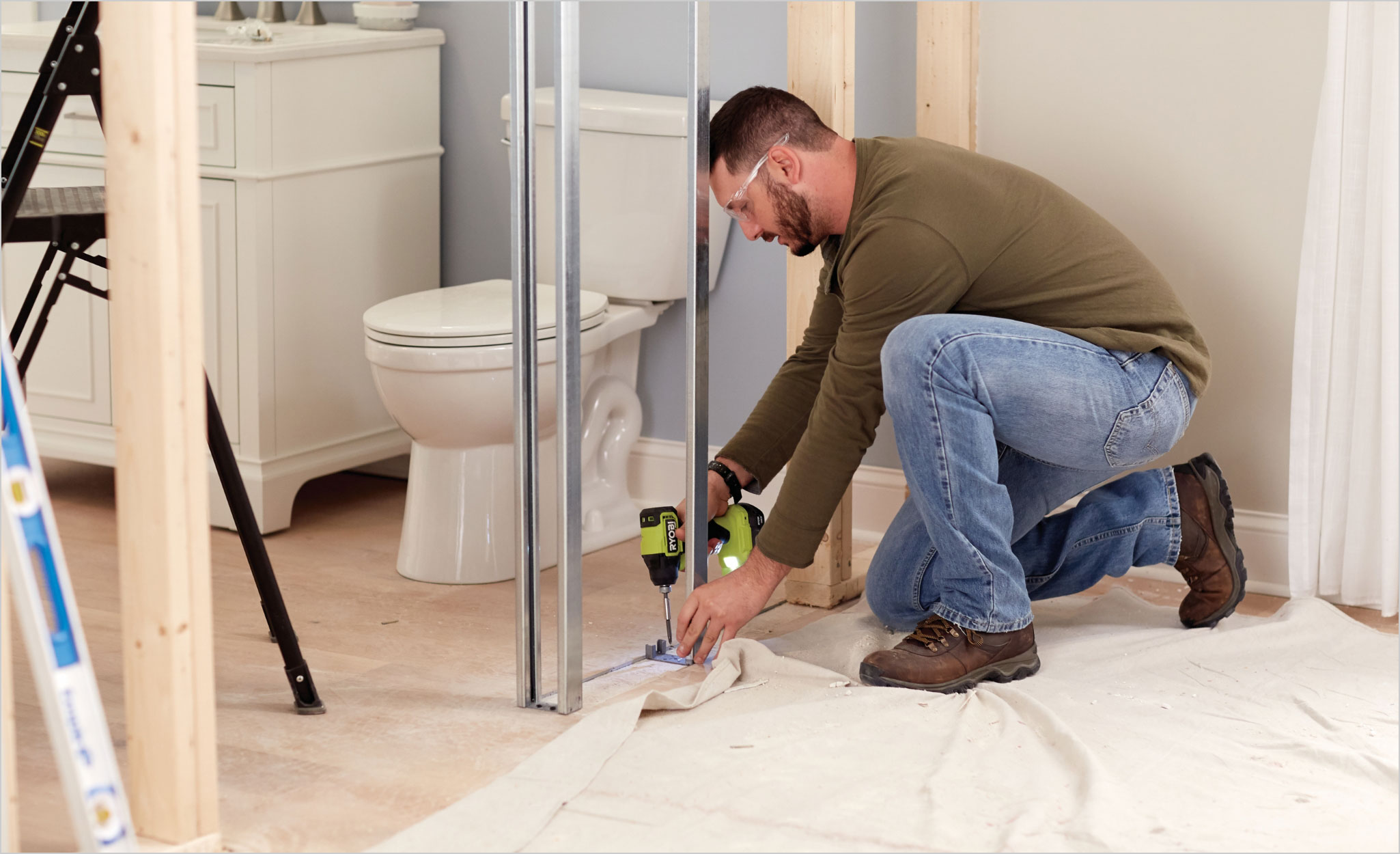
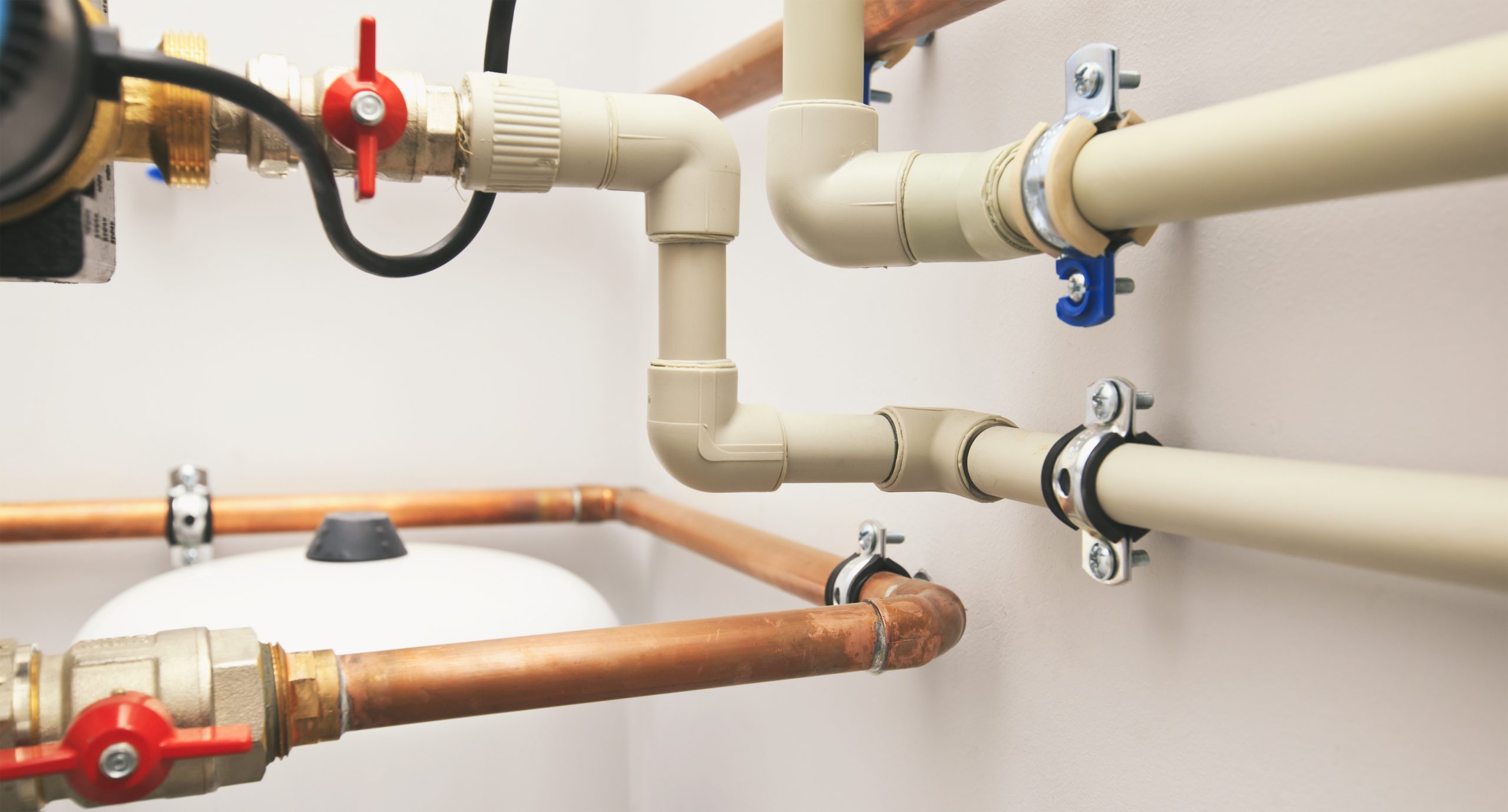

0 thoughts on “How Much Does It Cost To Replace Plumbing In A House”